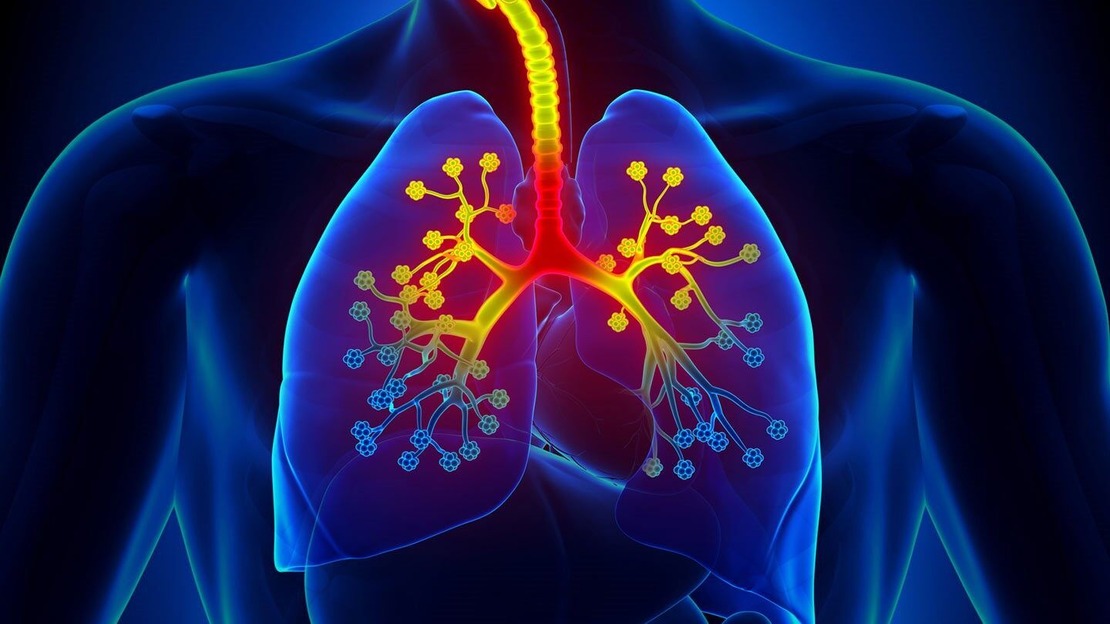Causes of Asthma
Asthma is a chronic respiratory condition characterized by inflammation and narrowing of the airways, leading to breathing difficulties. The exact cause of asthma is not fully understood, but several factors are known to contribute to its development:
Genetics: A family history of asthma or other allergic conditions increases the likelihood of developing asthma.
Environmental Factors: Exposure to allergens (such as pollen, mold, pet dander, and dust mites) and irritants (such as smoke, pollution, and strong odors) can trigger asthma symptoms.
Respiratory Infections: Viral respiratory infections during childhood can damage developing lungs and increase the risk of asthma.
Occupational Exposure: Certain jobs can expose individuals to irritants and chemicals that increase the risk of asthma.
Allergies: Many people with asthma also have allergies, and allergic reactions can trigger asthma symptoms.
Exercise: Physical exertion, especially in cold, dry air, can induce asthma symptoms, a condition known as exercise-induced bronchoconstriction (EIB).
Weather Conditions: Cold air, sudden weather changes, and high humidity can trigger asthma symptoms.
Medications: Some medications, such as beta-blockers and non-steroidal anti-inflammatory drugs (NSAIDs), can trigger asthma symptoms.
Stress and Emotions: Strong emotions and stress can lead to rapid breathing (hyperventilation) and trigger asthma symptoms.
Hormonal Changes: Hormonal fluctuations, such as those during menstruation, pregnancy, or menopause, can influence asthma symptoms in some women.
Symptoms of Asthma
Asthma symptoms can vary in frequency and severity among individuals. Common symptoms include:
Shortness of Breath: Difficulty breathing or feeling out of breath, particularly during physical activity or at night.
Wheezing: A high-pitched whistling sound when breathing, especially during exhalation.
Coughing: Persistent cough, often worse at night or early in the morning. The cough may be dry or produce mucus.
Chest Tightness: A feeling of tightness or pressure in the chest.
Trouble Sleeping: Symptoms such as coughing, wheezing, or shortness of breath can interfere with sleep.
Prevention of Asthma
While asthma cannot be completely prevented, certain strategies can help manage the condition and reduce the frequency and severity of asthma attacks:
Identify and Avoid Triggers: Recognize and avoid allergens and irritants that trigger symptoms. Common triggers include tobacco smoke, pollen, dust mites, and pet dander.
Create an Asthma Action Plan: Work with a healthcare provider to develop a personalized asthma action plan that outlines how to manage symptoms and handle asthma attacks.
Medication Management: Take prescribed medications as directed, including long-term control medications to reduce inflammation and quick-relief inhalers for acute symptoms.
Regular Monitoring: Use a peak flow meter to monitor lung function regularly and detect early signs of worsening asthma.
Maintain a Healthy Lifestyle: Eat a balanced diet, exercise regularly, and maintain a healthy weight to improve overall lung function and reduce asthma symptoms.
Vaccinations: Stay up to date with vaccinations, such as the flu shot and pneumococcal vaccine, to prevent respiratory infections that can exacerbate asthma.
Manage Allergies: If you have allergies, take steps to control them through medications, allergen avoidance, or allergy shots (immunotherapy).
Environmental Control: Use air purifiers, dehumidifiers, and allergy-proof bedding to reduce indoor allergens. Keep living areas clean and well-ventilated.
Stress Management: Practice stress-reducing techniques such as yoga, meditation, or deep-breathing exercises to help manage asthma symptoms.
Educate Yourself: Learn as much as possible about asthma and its management to make informed decisions about your health.
By understanding the causes, recognizing the symptoms, and following preventive measures, individuals with asthma can lead active and healthy lives.





Comments